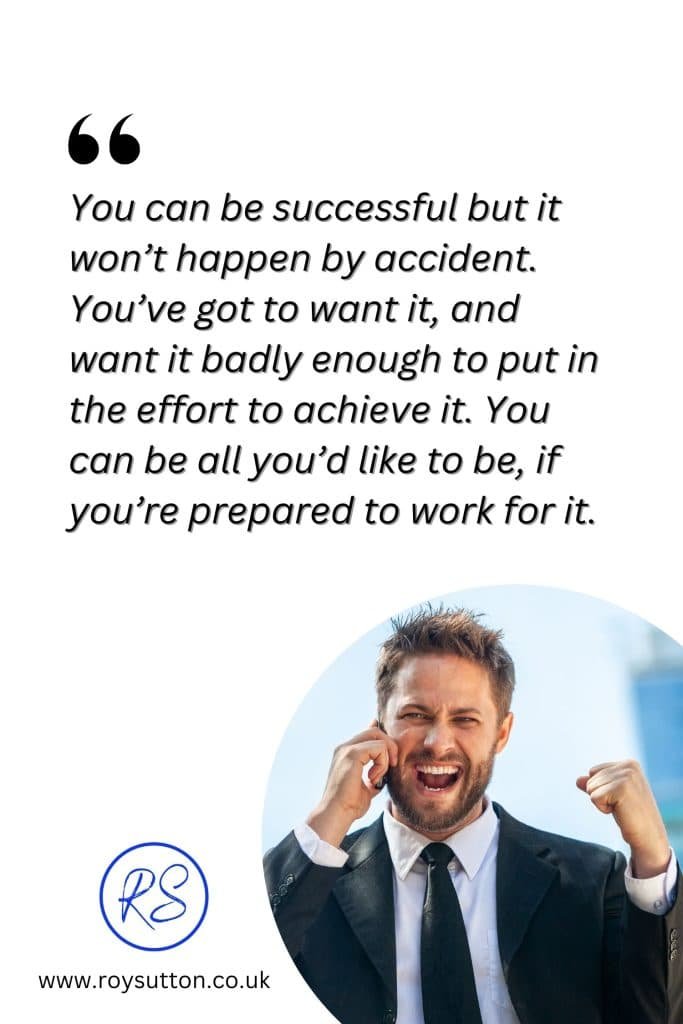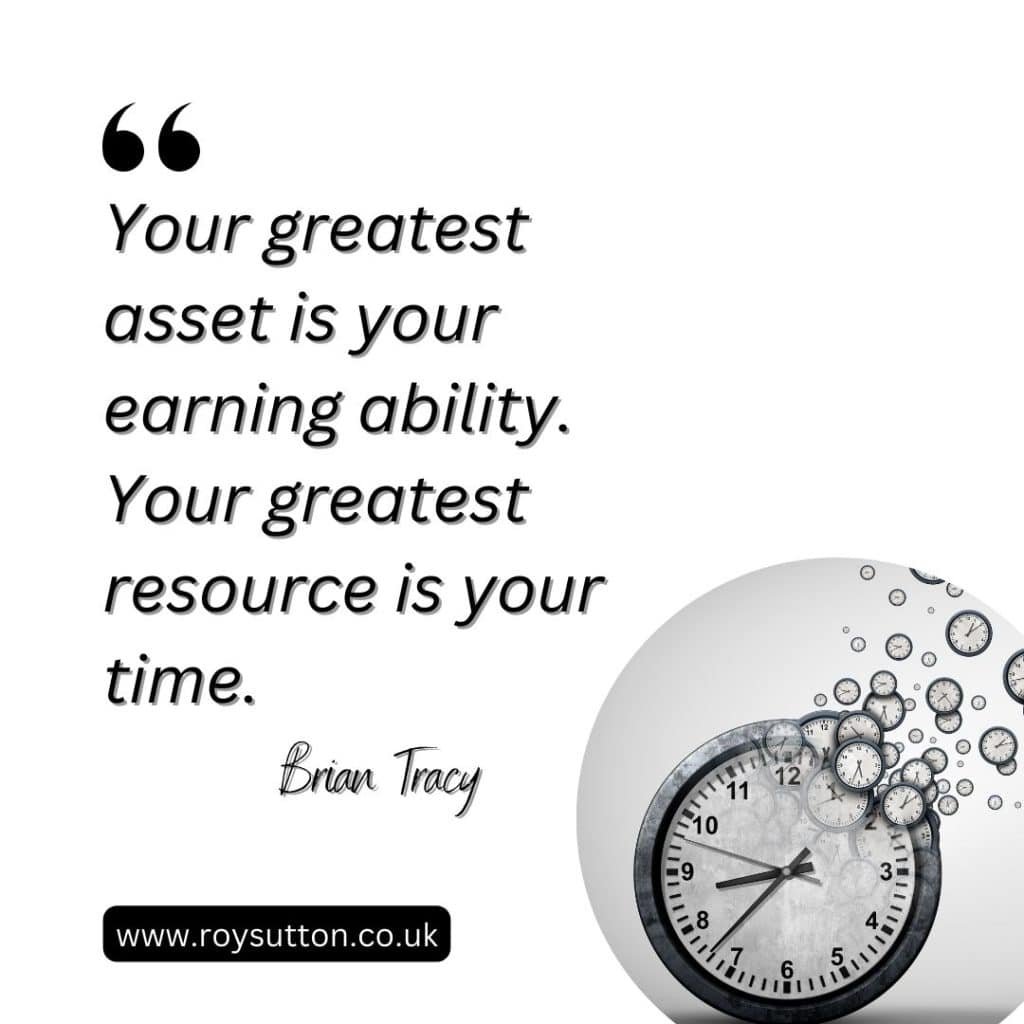
Today I offer you 25 witty puns and jokes to cheer someone up. If you know someone in serious need of a smile or two, then some of these might just make them laugh.
So take a few minutes to enjoy them all, and then pick the best ones and see if you can get a good laugh from your friends.
Even if it’s only a groan you get in return, it will probably lift people’s spirits, at the very least.

Jokes to cheer someone up: (1 – 12)
If at first you don’t succeed, then don’t try skydiving.
If a drummer comes out of retirement, will there be repercussions?
I never like taking selfies of myself in the shower. The photos turn out blurry, and I have selfie steam issues.
You should keep your voice down in cornfields because there are so many ears.
I used to be a watchmaker. I loved the job because I made my own hours.
If your guy doesn’t like fresh fruit puns, let the mango.
I went to the paint store to get thinner. It didn’t work.
Will glass coffins ever be popular? Remains to be seen.
I tried the vegan diet for a week, but it was a huge miss steak.
Apparently, you can’t use BEEFSTEW as a password because it’s not Stroganoff.
I was listening to classical music on the television, but it wasn’t to my taste. Far too much sax and violins.
Did you hear about the watchmaker who became a gardener? He ended up with too much thyme on his hands.

Jokes to cheer someone up: (13 – 25)
I made a movie about diarrhea. It’s been released everywhere.
Freddie Mercury, Venus Williams, and Bruno Mars were all in the same bar. They didn’t planet that way.
You can tune a guitar, but you can’t tuna fish. Unless you play bass, then you can play all the scales.
So many people are anti-vaccination, but I think they should give it a shot.
I saw an advertisement in the newspaper for burial plots. I thought that’s the last thing I need.
My girlfriend bet me $100 that I couldn’t build a car from spaghetti. You should have seen her face when I drove pasta.
I went to Mount Rushmore and I was probably the only visitor unimpressed. Perhaps I just took it for granite.
Can someone recommend a better way of clearing frost from my windshield? I used a discount card but I only got 20% off.
My wife asked me if I’d seen the dog bowl. “I didn’t know he could!” was my reply.
A man was shot 200 times with an upholstery gun. I was told that he’s fully recovered now.
My wife’s in the hospital after eating a daffodil bulb. She’ll be out in the spring.
Lance is no longer a common name, but in medieval times, men were named Lance a lot.
There’s a new GPS device designed for seniors. It tells you how to get where you want to go and then reminds you why you wanted to go there.

Please share this post with your friends:
Did you enjoy these witty puns and jokes to cheer someone up? Were they as funny as you’d hoped, dear reader?
I hope so anyway.
If that’s the case, then please share this blog post with your friends, because when you share, everyone wins.
So go on, please share this post now on social media. If you can do that for me then I will be truly grateful and you’ll be helping a keen blogger reach a wider audience.
Thank you for your support.

Articles you might enjoy:
- 25 funny facts to entertain and amuse you
- 25 complaints about holidays that’ll make you smile
- 30 funny quotes about life that’ll make you smile
- 22 bad puns that are so bad they’re funny
- 21 humorous quotes that might just tickle your funny bone
- 30 of the best puns guaranteed to make you laugh
- 15 Funny quotes on friendship that’ll raise a smile
- 25 witty one-liner jokes that might just make you smile
- 30 short funny quotes that will make you smile
- 50 funny questions to ask anyone and get a laugh
- 37 short quotes that are funny and sharp
- 25 brilliant one-liners guaranteed to make you smile
- 30 comedy one-liners that are pure gold
- 20 classic Elaine Benes quotes that’ll make you smile
- 15 amusing quotes by Spike Milligan to raise a smile
- 19 Best Homer Simpson quotes that’ll make you smile
- 21 Del Boy quotes for fans of Only Fools and Horses
- 15 amusing quotes by Mae West to make you smile
- 25 amusing quotes about getting old to tickle you
- 25 funny witty quotes that will seriously tickle you
- 15 Very Funny One-Liners by Billy Connolly
- 37 funny comebacks for dealing with rude people
- 21 witty short jokes to tickle you and brighten your day
- The 30 best bitchy comments that’ll really make you smile
- 31 great quotes from Larry David in Curb Your Enthusiasm
- 15 amusing quotes by Jerry Seinfeld to brighten your day
© Mann Island Media Limited 2025. All rights reserved.




















































